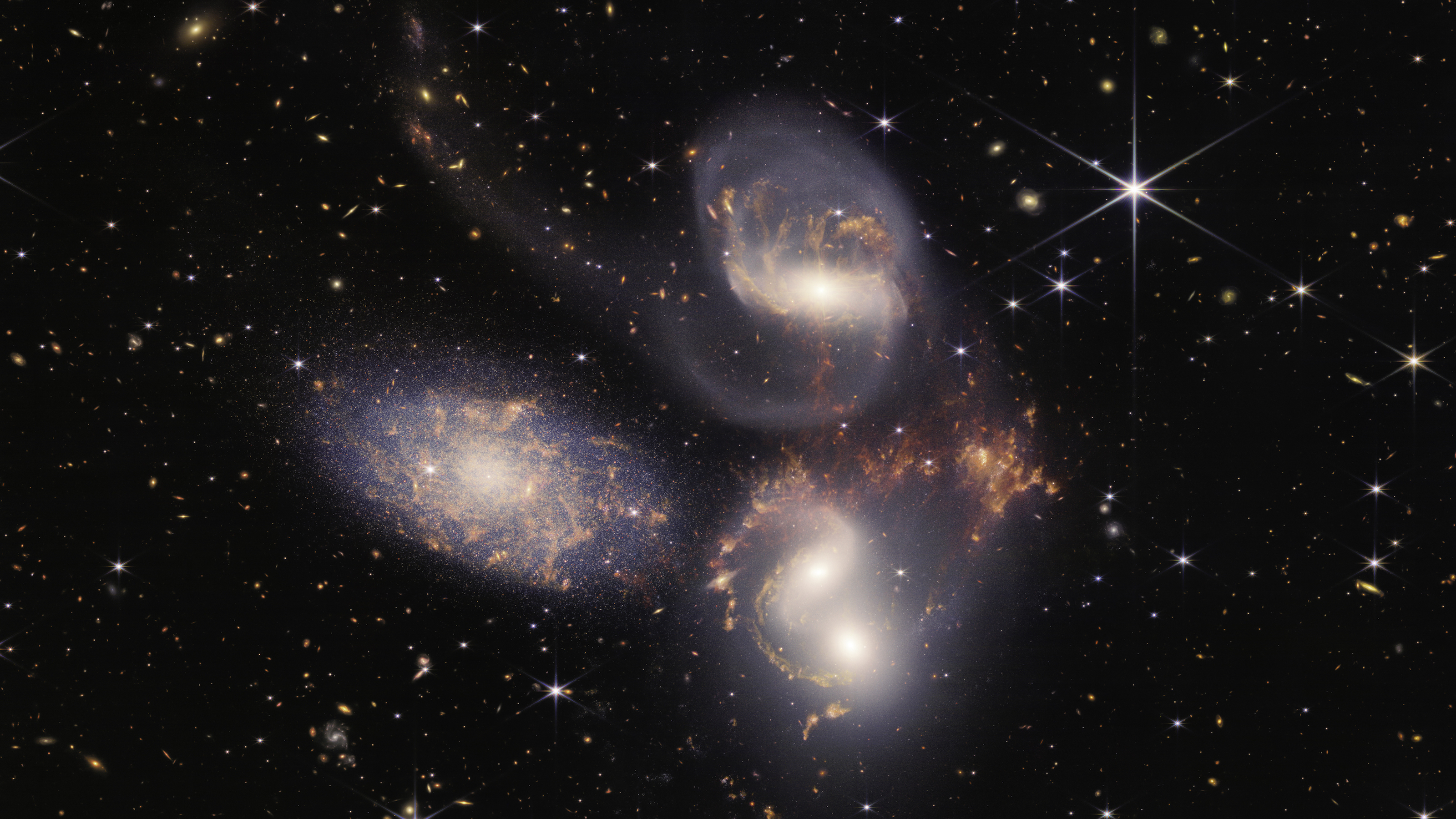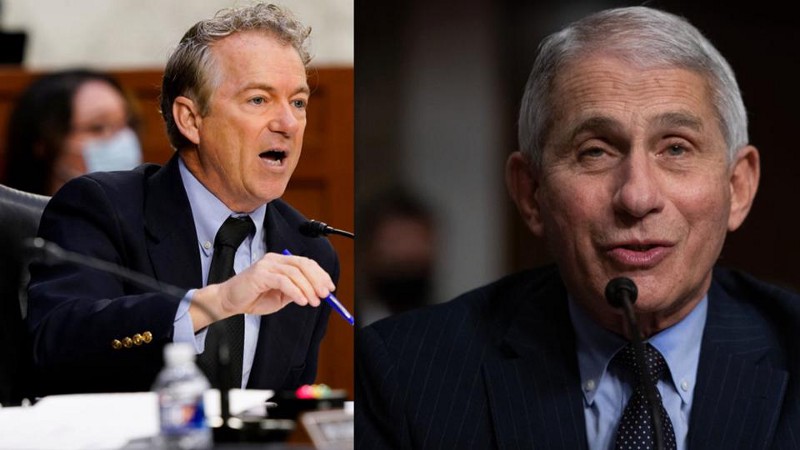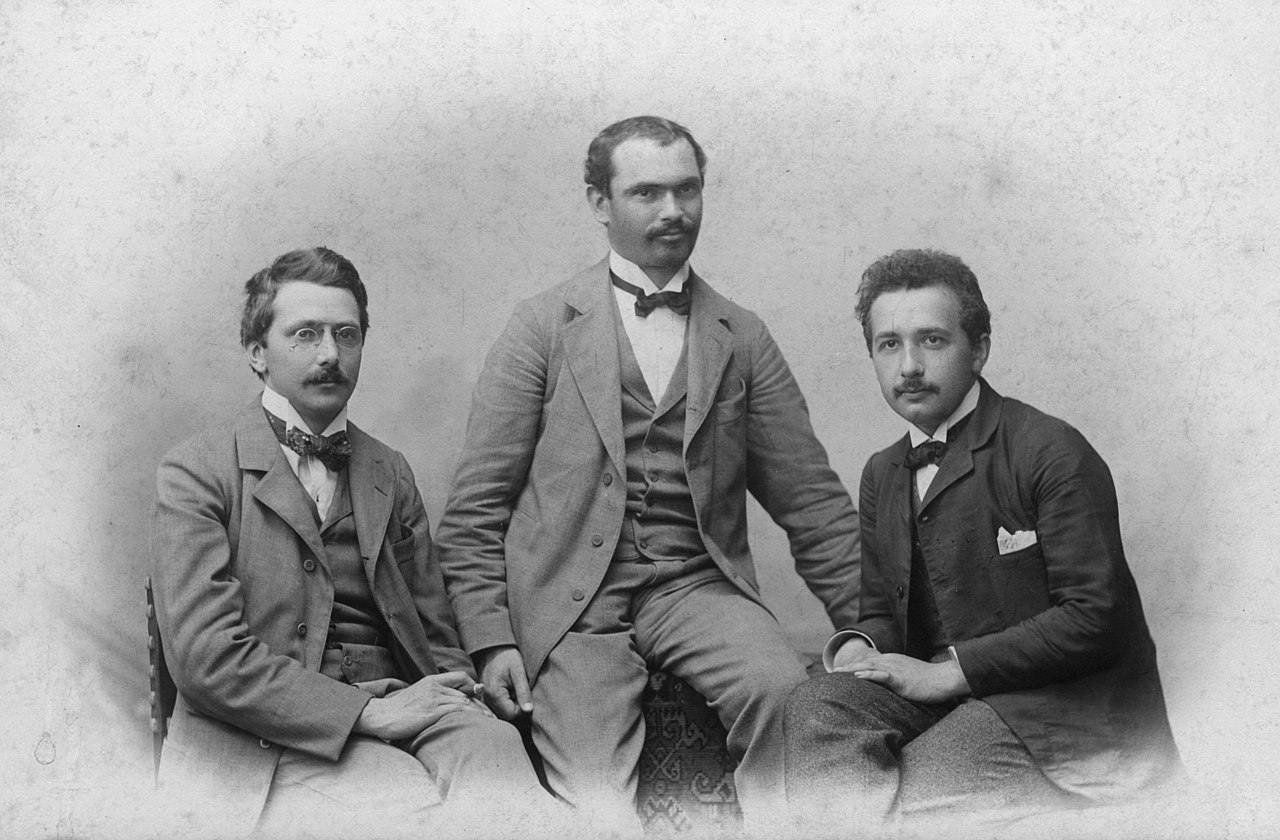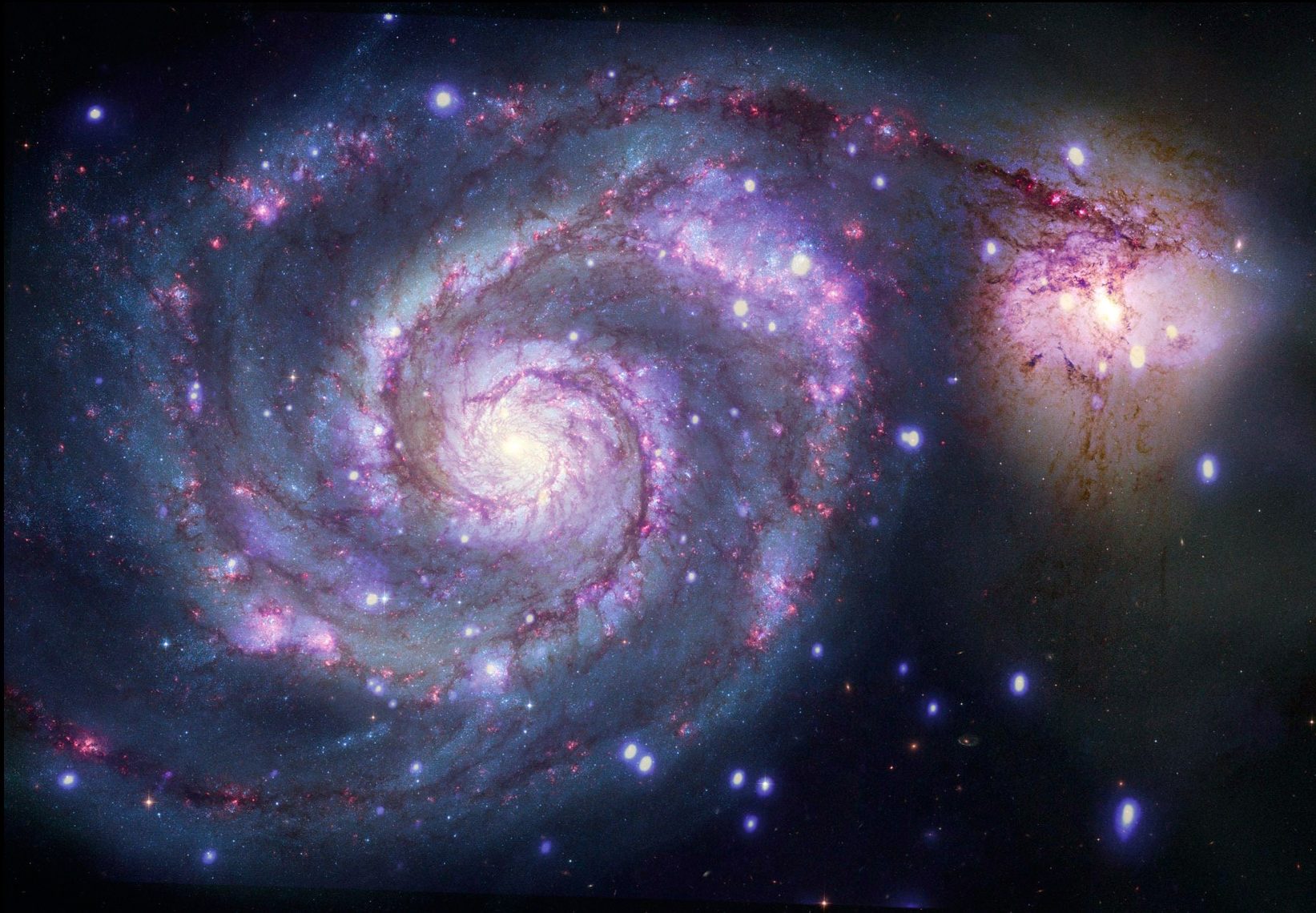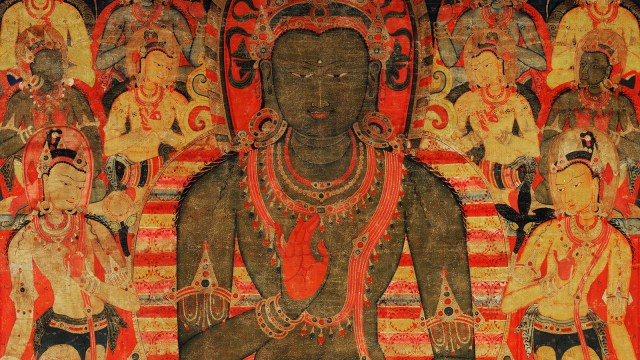What all scientific experts wish non-experts knew
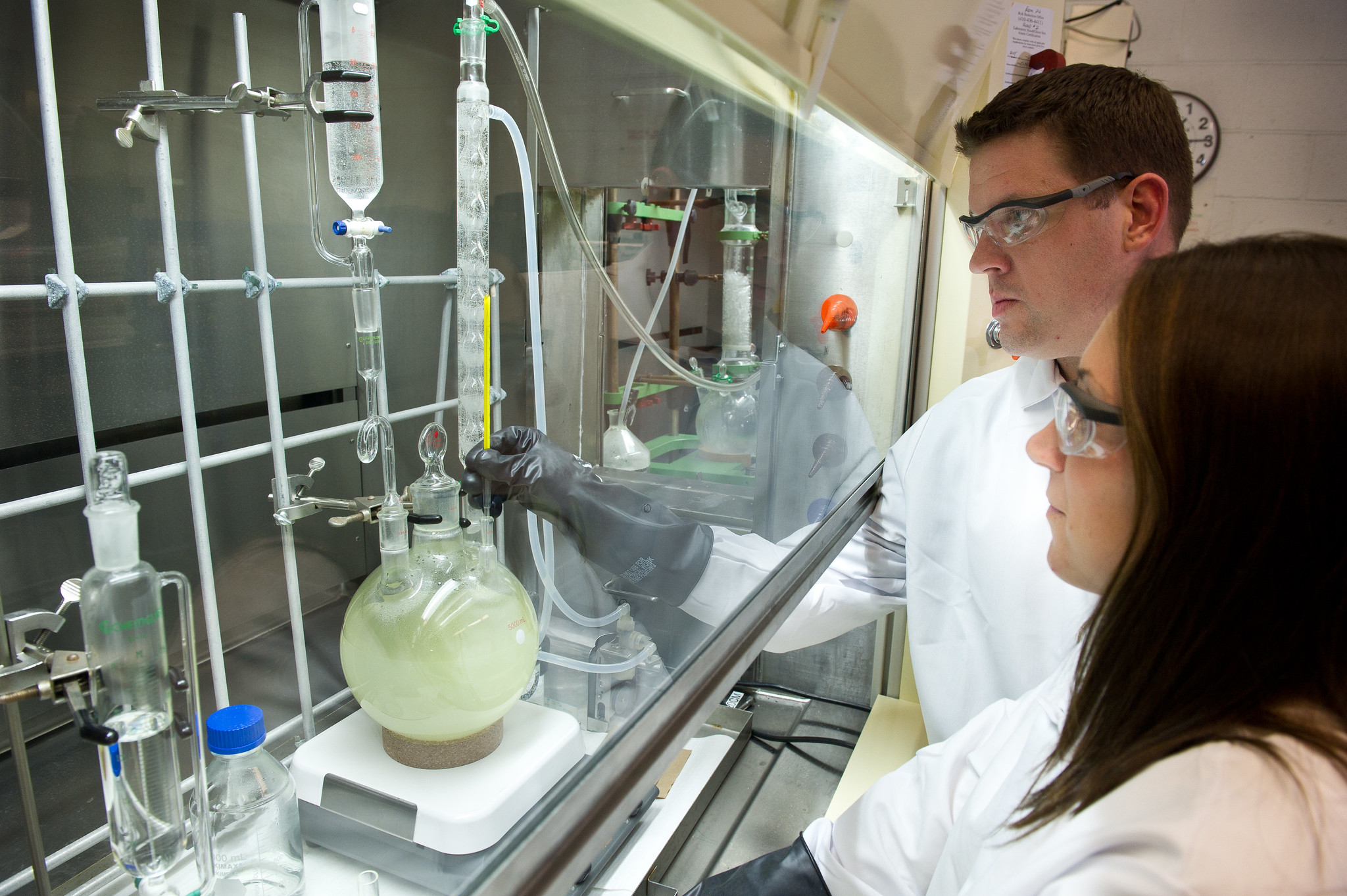
- There's an enormous amount of knowledge that one gains, and an enormous number of misconceptions that one must unlearn and correct, in the process of becoming a scientific expert.
- Science is a way of thinking about the world, the process of inquiry and investigation, and also the full suite of relevant knowledge that we know, collectively, about an enterprise.
- Although we are all free to question scientific expertise for ourselves, our non-expert estimations of what is and isn't scientifically true are useless and irrelevant. Expertise truly does matter.
Have you ever found yourself in the middle of an argument where both sides argue voraciously for their particular opinion or point-of-view, while the overwhelming majority of scientists — and those with bona fide scientific expertise on this particular issue — are all on the same side? We’ve seen this happen time and time again in the public arena spanning a wide variety of issues, including:
- about whether tobacco causes cancer, heart disease, emphysema, and other health hazards,
- about whether the human-caused emission of CO2 through the burning of fossil fuels is the driving force behind global warming and worldwide climate change,
- about whether humans really landed and walked on the Moon during NASA’s Apollo program in the 1960s and 1970s,
- about whether vaccines are safe and effective means of reducing the risk of severe infection and long-term negative health effects arising from disease,
- about whether an unmanaged HIV infection is really the cause of AIDS,
- about whether 4G and 5G wireless/WiFi technologies are safe for humans and other animals,
- and about whether airplane vapor trails are secretly toxic chemicals added to the atmosphere by the government, among many other issues.
We’re all free to question “the establishment,” but when we go against what is already robustly scientifically known, the cost is often measured in human lives and billions, if not trillions, of dollars. From the perspective of a scientist, here’s what all non-experts should know about scientific expertise.
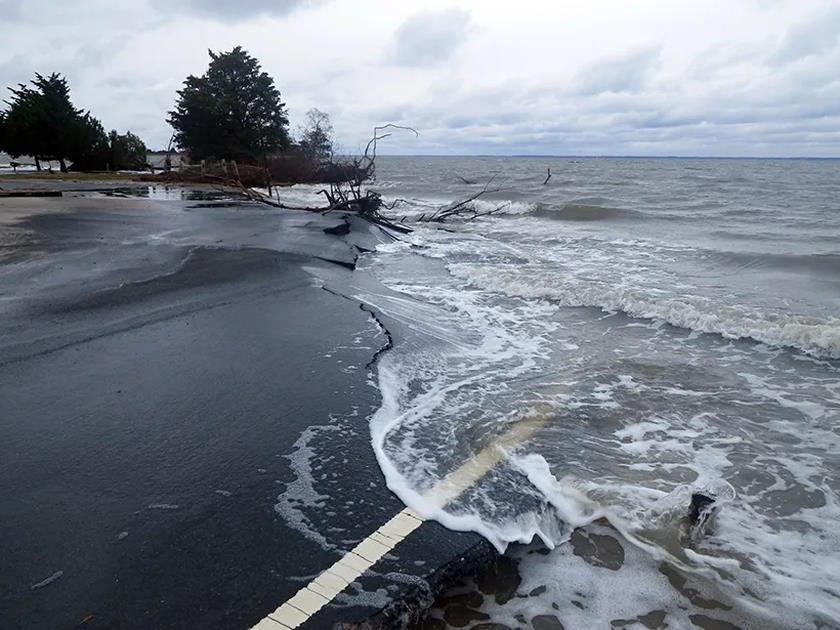
It’s a situation that comes up all too frequently: an expert in their field publicly states a conclusion that is thoroughly accepted by the overwhelming majority of professionals who work in that field, only to get a deluge of responses from the public. Although the individual content of those responses will vary, the gist of them is usually the same:
- a declaration that the expert is wrong,
- an assertion that a non-consensus opinion is instead correct,
- and an accusation that the expert themselves is either corrupt, intellectually compromised, or a victim of groupthink.
Sometimes, of course, even the best experts are mistaken. Sometimes, the best evidence points to one conclusion, but then new evidence comes along that throws that conclusion into doubt. And sometimes, a brilliant outsider or newcomer can emerge in a field, showing a new and superior path forward in our understanding of whatever we’re investigating.
But most of the time — so often that we can be comfortable saying it’s practically all of the time — there are serious gaps and fundamental misunderstandings at work in the knowledge and mindset of the non-expert. Although there can be oversights or errors on the part of the expert, that’s the exception, and it’s practically never exposed by a non-expert when that occurs. If you, as a non-expert, are ever tempted to explain an expert’s field to them, here are some things worth considering.
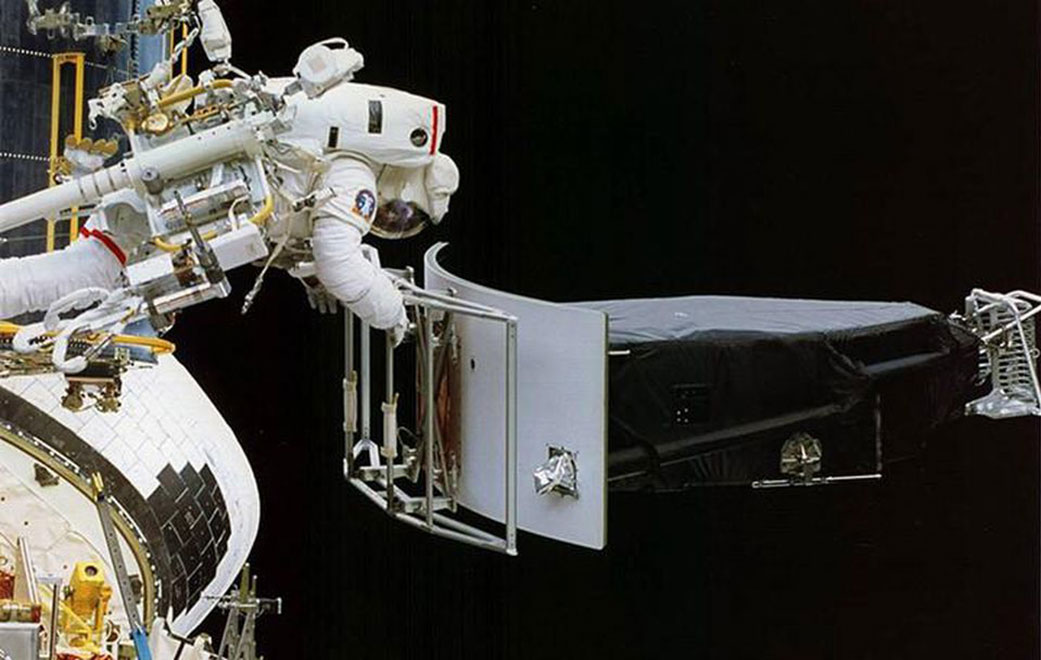
First: ask yourself whether you, yourself, are also an expert in this particular field?
It’s vital to understand that experts often disagree, particularly when they’re talking about the absolute frontiers of their fields. For example, the first model that was put forth to consider the large-scale effects of global warming due to CO2 emission was published all the way back in 1967, and the major conclusions that it reached back then are still valid. Atmospheric circulation was understood, and that enabled very accurate predictions of how changing the CO2 concentration in the atmosphere would affect the temperature of the atmosphere: where doubling the concentration would increase the temperature (with fixed relative humidity) by about 2 °C.
This is tremendously consistent with the observed warming of about 1 °C, since the first accurate global temperatures were measured back in the 1880s, and the increase in CO2 concentration from the start of the industrial revolution, of about 50%. Those large-scale effects are not seriously debated by experts in the field for very good reasons: the evidence agrees with theoretical predictions. However, many aspects of modeling — ice sheet melting, cloud processes, and the impact on ecosystems and human society — are actively being studied. This is where experts often argue, and this should be the case.
If you’re also an expert, feel free to argue with other experts about the frontiers of your field.
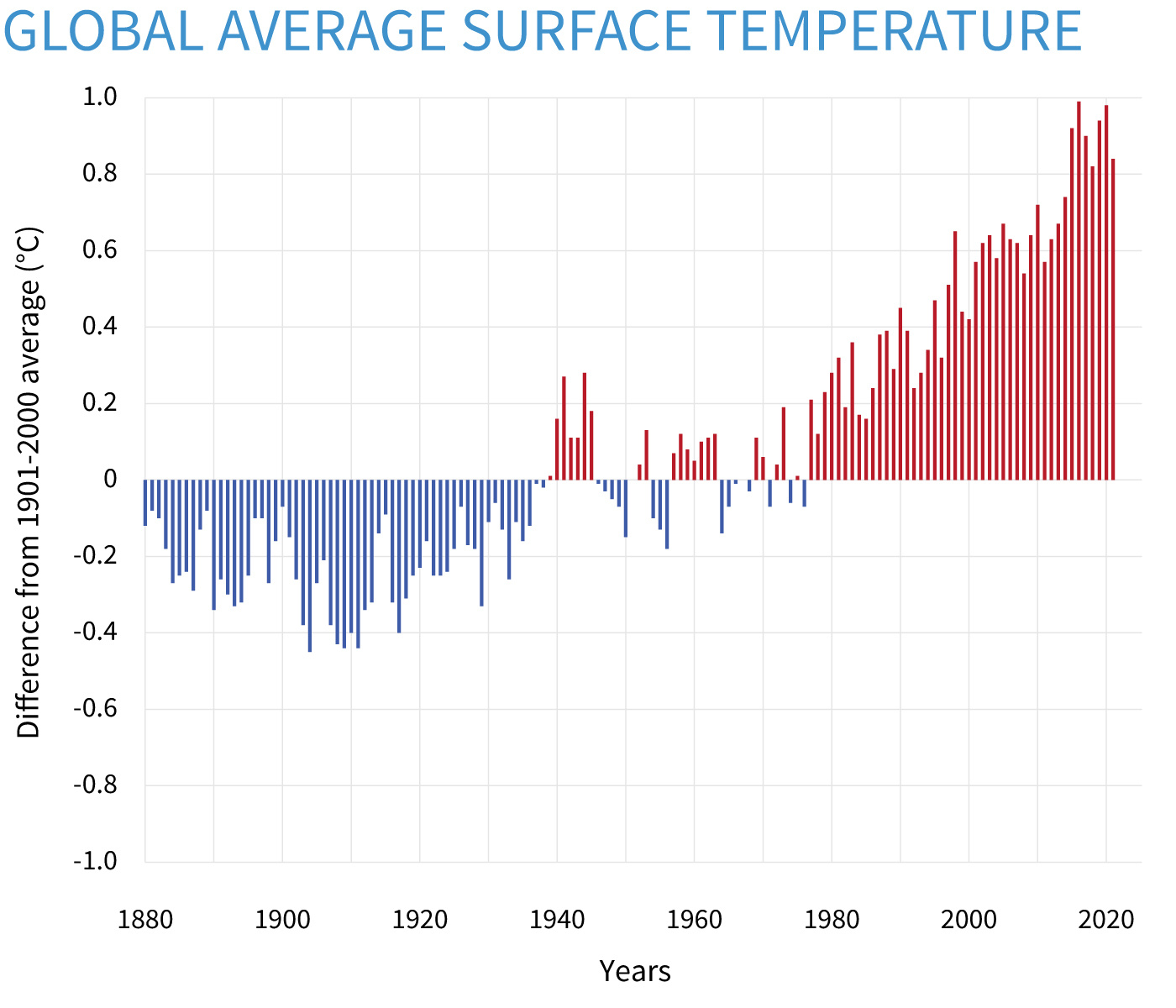
Second: if you’re not an expert yourself, are you certain that you’ve discovered — and verified — that the expert has made an erroneous assertion somewhere?
Oftentimes, people who are experts in one particular field will err, even though it’s their area of expertise. There’s not a single person among us who’s infallible, and this goes for the most brilliant experts throughout history. The greatest names in physics, including Einstein, Hawking, Feynman, and Newton, all made enormous blunders in their professional lives. That includes not only in their research, but in their teachings and writings as well.
Expertise does not equal infallibility, and we do no one a service to pretend that it does. However, unless the error is obvious and an easily checked matter of fact, it’s almost always the case that the only type of person with the proper background to even discover and identify the error is usually another expert: someone with at least as much expertise as the assertion-maker.
If you think you’ve found an error in something an expert has said, unless you yourself are also in possession of equal or better expertise, it’s best to either check with another expert or bring the supposed error to their attention with some humility. Otherwise, you’re more likely than not to wind up “correcting” someone incorrectly, creating an uncomfortable situation for everyone.
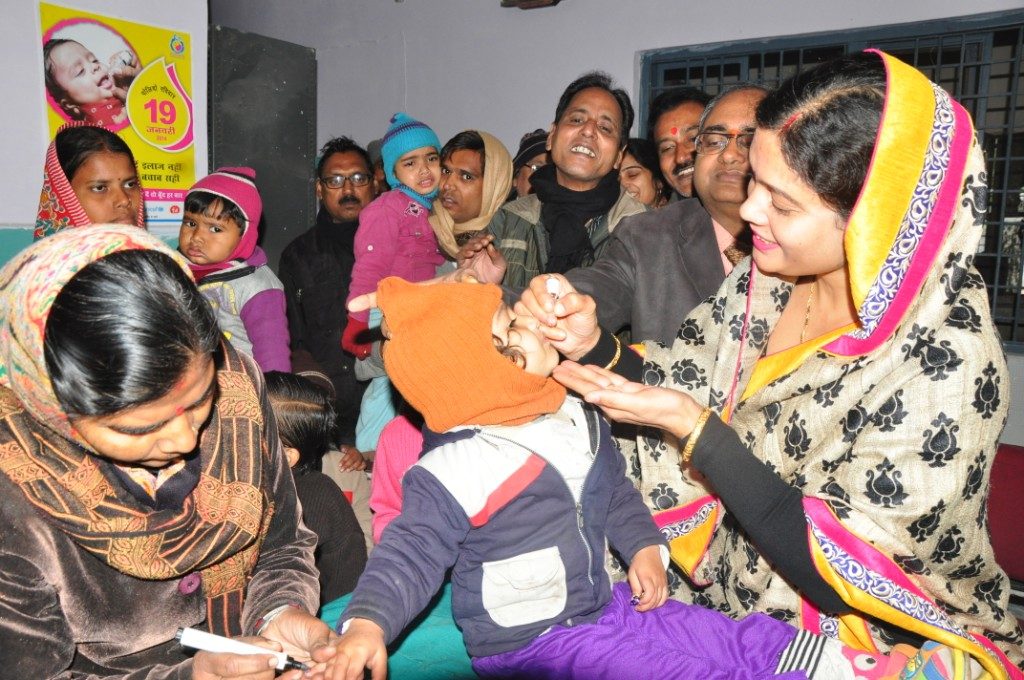
Third: is the expert whose assertions are being questioned the one who’s staking out a position that runs contrary to the scientific consensus in their field?
This is the largest danger that’s arisen in our society from the “we inform, you decide” model, where two experts are brought into a public forum to each present their case. Expert #1 presents some evidence and draws one conclusion, while expert #2 presents a different set of evidence and draws a different conclusion that runs contrary to expert #1. The public is left to make up their own minds and do their own research, where the most likely outcome is confirmation bias: where a general layperson winds up selectively remembering and affirming the pieces of evidence that support their preconceived notions and selectively ignoring or discounting the pieces of evidence that contradict them.
On the surface, this seems like an eminently reasonable path, as it’s one we follow in many aspects of our lives. But in many matters, and in scientific matters in particular, this self-reliant path can easily lead a non-expert astray. If you fundamentally lack the expertise necessary to evaluate the full suite of evidence — and remember, it takes many years of study and many self-corrections to obtain that expertise — you should be deferring to those who do have the expertise. Don’t pick the expert you like best; pick the set of experts who are the most honest and forthcoming about what the full suite of evidence shows.
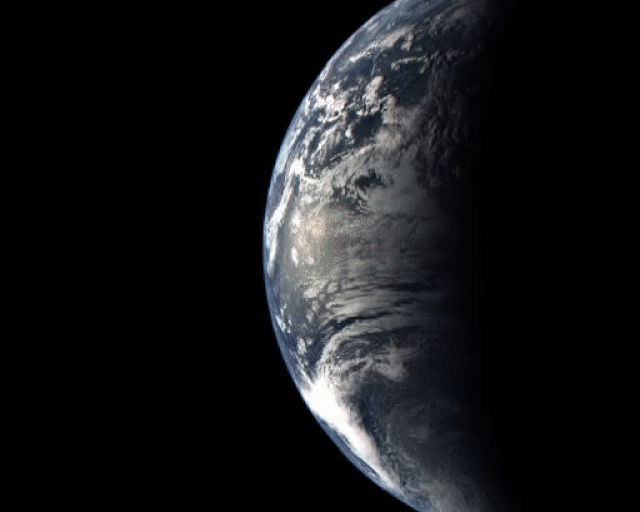
Follow-up: how can you tell which “experts” are the ones you should be listening to?
This is a big challenge for all non-experts: how do you know which experts are correct when multiple highly-credentialed individuals are saying mutually contradictory things?
If you want to judge for yourself whether someone is touting a position that’s generally accepted by the consensus of experts, and whether that’s justified, don’t look at any of the following:
- who the person is declaring something to be true,
- how you personally feel about the implications of the declared truth,
- or what the source of this claim is.
Liking person “X” or liking statement “Y” is an easy way to fool yourself into believing something on ideological grounds, rather than logical ones.
You must instead recognize that the only validity that something has is in how that particular conclusion was reached. Scientific consensus, contrary to popular opinion, is only achieved when the overwhelming majority of competent professionals judges that a certain threshold of rigor has been surpassed, and that the full suite of knowledge obtained demonstrates that something is, in fact, true. As Eero Teppo of the group Students 4 Best Evidence wrote back in 2017:
“The more you educate yourself about how a particular conclusion has been reached, or why a given claim is being made, the less you simply have to ‘bet on’ the claims of others.”
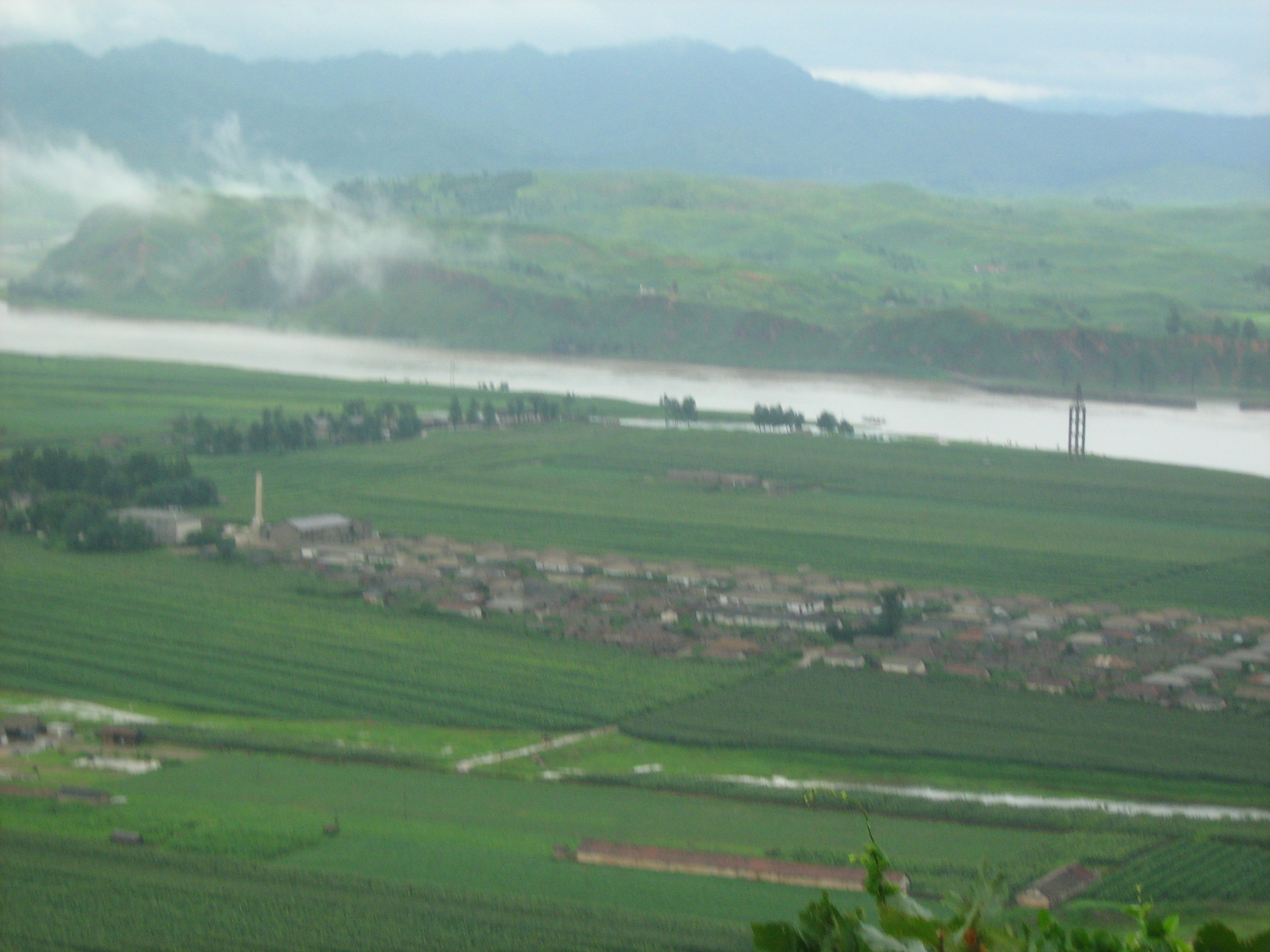
Fourth: ask yourself, honestly, if you’re certain and convinced that there really is a conspiracy afoot, and that the scientific experts whose expertise you’re rejecting are all in on it?
Is the “consensus conclusion” that the majority of experts have reached simply unacceptable? When you take a look at who funds the experts that reached those conclusions, do you find conflicts-of-interest and suspect foul play? Do you know, in your heart and your gut, that despite what the experts say, their assertions are not only wrong, but harmful, perhaps even running counter to your own personal experience?
If you’ve answered yes to any of these questions, I hate to inform you that none of these reasons invalidate the conclusions of the experts that you have so much vitriol toward.
It’s true that there have been a number of cases where fraud has been committed or evidence has been covered up throughout the history of science — where studies are squashed because what they found would hurt someone’s bottom line — but they almost always occur when a powerful business or political interest would benefit by discrediting the scientific consensus. Nevertheless, scrupulous science always wins out in the end, because one remarkable thing remains true about science: if you perform it scrupulously and carefully, you’ll always be led to the same conclusion, and that conclusion cannot long be kept secret from those who do the investigating.
If you’re convinced of a conspiracy when practically all of the working scientists disagree with you, unless you’re willing to take a long, hard look in the mirror and own up to your own shortcomings, there are no words anyone can share with you that will change your opinion, and that’s to the detriment of us all.

It’s vital to recognize that there is an extraordinary difference between an expert and a non-expert in terms of not only knowledge, but in experience passing judgment on fringe, alternative, and contrarian ideas. The above-average homeowner is far less skilled and experienced at wiring a house than a below-average electrician; most of us have that humility inherent to us and know that if a problem with our house arises — whether it’s with an electrical, plumbing, or HVAC system — there are limits to our own expertise, whereas a professional’s limits will be far beyond our own.
Most of us simply don’t have the time, energy, resources, or freedom to pursue our non-professional curiosities with the same intensity that a professional does. If you know enough to take your car to the mechanic when the check engine light comes on, why would you ever consider telling:
- climate scientists that you know the Earth isn’t warming,
- infectious disease specialists that vaccines are ineffective and unsafe,
- astrophysicists and cosmologists that the Big Bang never happened and the Earth is flat,
- or a public health professional that the novel coronavirus SARS-CoV-2 is a hoax?
Nevertheless, even as a non-expert, there is at least one proper context for when you should feel comfortable explaining an expert’s own field to them.
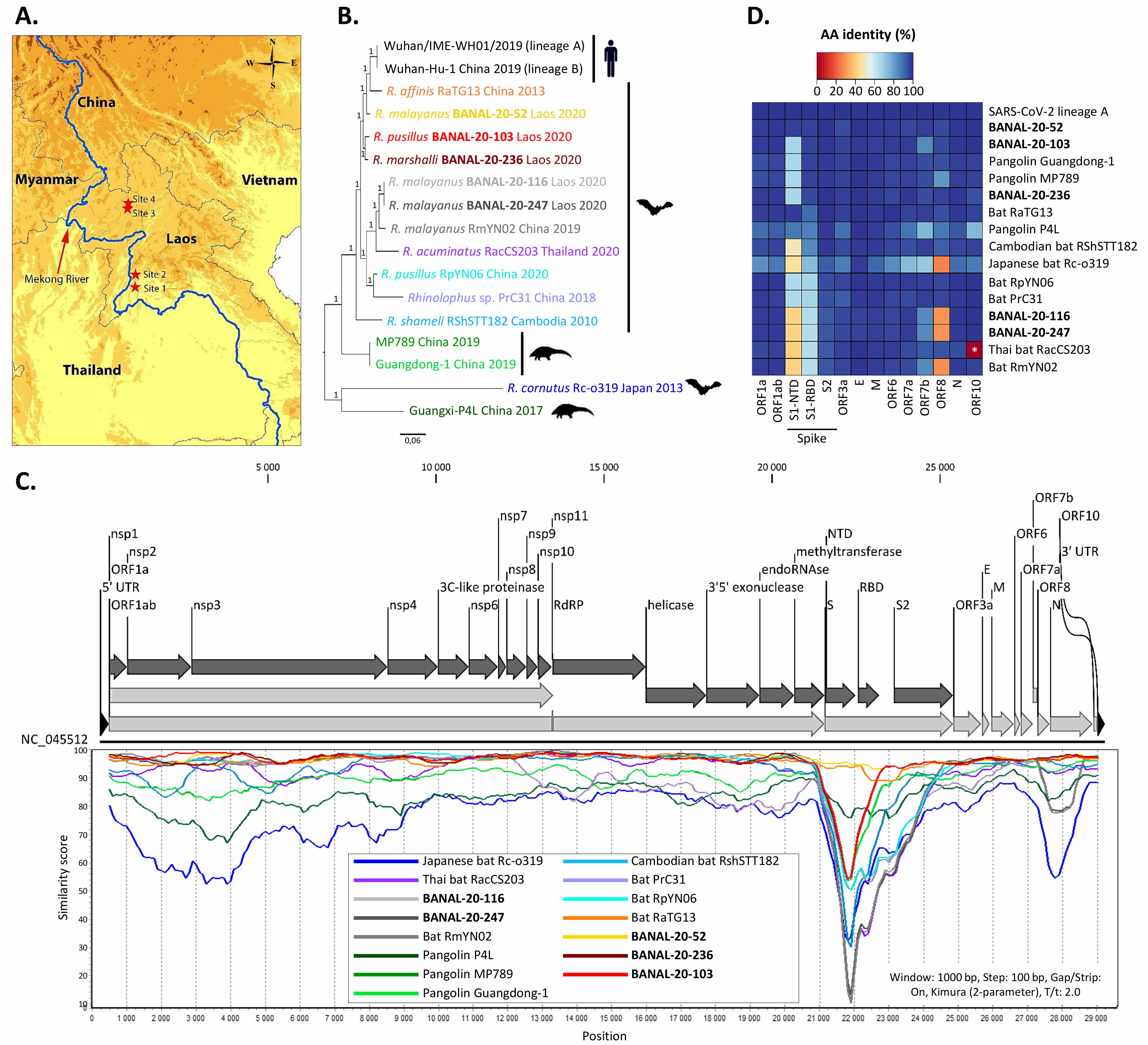
Five: are you in a position to learn, and has the expert-in-question already agreed to listen to you explain your version of what you think is going on in an endeavor to confirm what you’ve gotten right, and to teach and correct you where you’re in need of correction?
This is one of the most powerful ways that someone who’s ready to learn can enhance their own knowledge and understanding. Whether you are:
- an expert in the same field but who hasn’t done the particular work that another expert has done,
- an expert in an adjacent or related field,
- a student working to become an expert,
- or a non-expert just looking to learn more about a particular field,
this technique can be incredibly effective in growing your own grasp of a subject.
It does, however, require an enormous amount of work on the part of both parties, as you, the non-expert, are obligated to both do your homework in advance — reading and analyzing their work, synthesizing an understanding of their subject together, and preparing an explanation in a clear and coherent fashion — while simultaneously being willing to revise your mental picture on the fly as your misconceptions and misunderstandings are corrected in real-time. The expert has to do the heavy lifting of translating your thoughts into the language of their expertise, and then picking apart where your line of thinking deviates from the current best understanding of their field. If you don’t do your part in this, you’re only going to waste the expert’s time and energy.
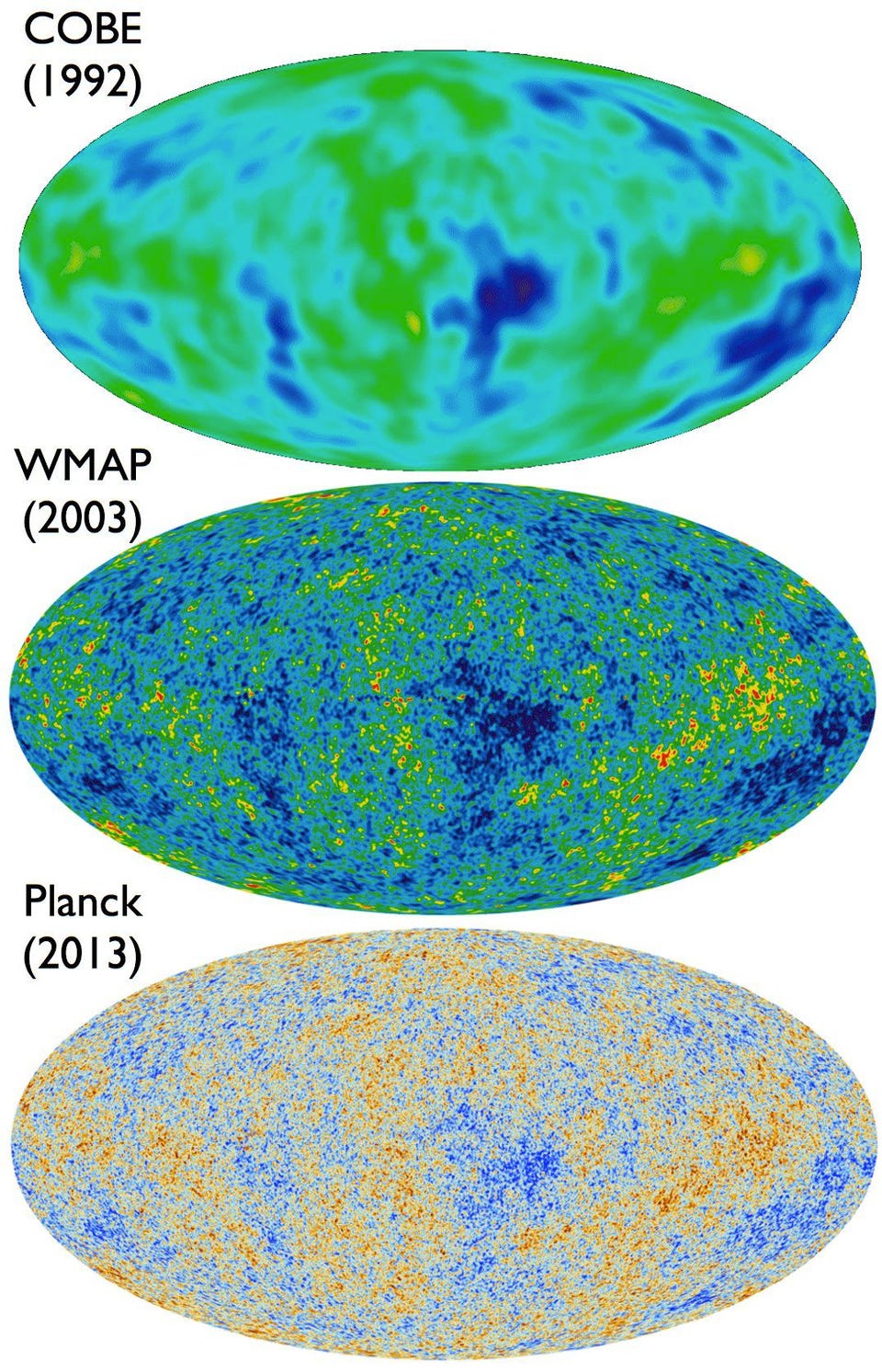
This is, fortunately or unfortunately, depending on your perspective, the only valid time for a non-expert to explain an expert’s own field of study to them. There is an incredible arrogance that comes along with a willingness to explain to an expert something that they know vastly more about than you do. Whereas the non-expert sees this as an encounter of equals — two grown adults each with their own set of knowledge — the expert sees it as similar to an encounter with a belligerent kindergartener. It is an all-too-common phenomenon that we overestimate our own capabilities in areas of study where we have no experience or expertise, while simultaneously undervaluing the capabilities and expertise of legitimately trained and competent professionals.
For some reason, even though we know how much work goes into becoming a scientist, this extends even to scientific fields. Although a great many of us are capable of becoming competent scientists, very few of us actually put in the work in order to realize that goal. We must not make the mistake of thinking that our own hunches, opinions, or conclusions are just as valid as those of the experts, particularly when we ourselves lack that necessary expertise. When we devalue that expertise individually, it causes harm to our greater society at large:
- we spread preventable diseases,
- we ignore pressing problems as they worsen,
- and we make poor decisions based on invalid information.
The full suite of information, as evaluated by the community of expert professionals, is the best type of knowledge humanity has ever obtained. You can learn it for yourself or you can listen to and follow the experts, but you must not obstruct the best chance humanity has to make it as a successful civilization on planet Earth.
